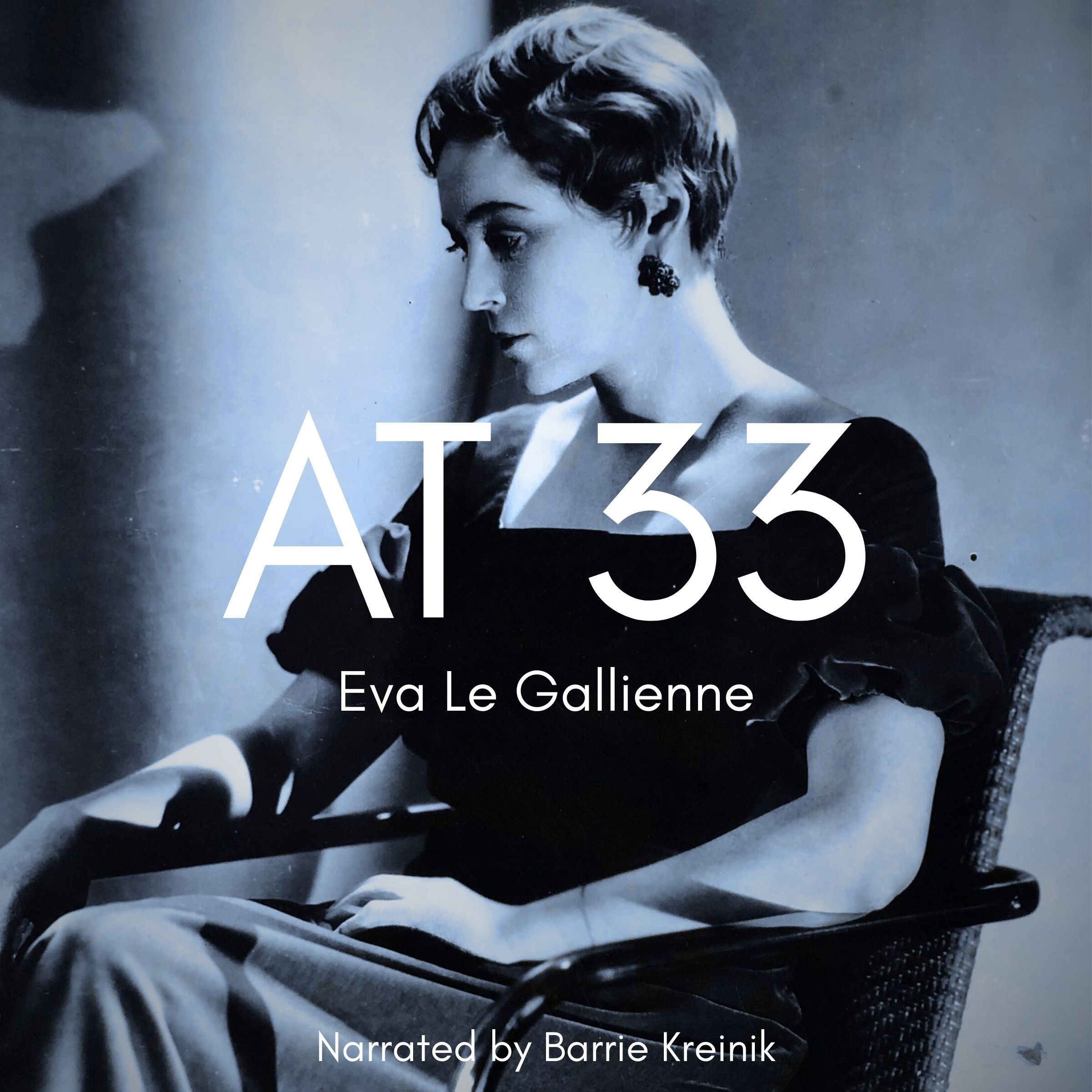Arkansas 39
Listen to Arkansas 39, a 30-year-old woman from Portland, Arkansas, United States. Click or tap the triangle-shaped play button to hear the subject.
Both as a courtesy and to comply with copyright law, please remember to credit IDEA for direct or indirect use of samples. IDEA is a free resource; please consider supporting us.
BIOGRAPHICAL INFORMATION
AGE: 30
DATE OF BIRTH (DD/MM/YYYY): 01/04/1990
PLACE OF BIRTH: Portland, Arkansas
GENDER: female
ETHNICITY: Black
OCCUPATION: student-development specialist
EDUCATION: MFA in higher education, MA in multimedia journalism
AREAS OF RESIDENCE OUTSIDE REPRESENTATIVE REGION FOR LONGER THAN SIX MONTHS:
The subject grew up in Portland and Crossett, in southeast Arkansas, but also lived in Russellville (for six years) and Fayetteville (for four years). She also lived one year in Ithaca, New York.
OTHER INFLUENCES ON SPEECH:
The subject learned to read from books-on-tape in order to read to her blind grandmother. The narrator’s voice on these tapes was a British, assumedly White, male. The subject also watched a lot of public television. She would describe these shows to her grandmother. The subject was also expected to read the Bible out loud.
The text used in our recordings of scripted speech can be found by clicking here.
RECORDED BY: Ben Corbett
DATE OF RECORDING (DD/MM/YYYY): 27/10/2020
PHONETIC TRANSCRIPTION OF SCRIPTED SPEECH: N/A
TRANSCRIBED BY: N/A
DATE OF TRANSCRIPTION (DD/MM/YYYY): N/A
ORTHOGRAPHIC TRANSCRIPTION OF UNSCRIPTED SPEECH:
So, life in southeast Arkansas is extremely different from anywhere else in the whole state. Um, it is basically a food desert down there, and so I grew up in a house that was kind of big, but it was old; it was janky; um, you can see straight through the ground. And my, um, family actually took the house and moved it from southwest Louisiana up to Arkansas. So it had seen a lot of life, that house. It was very, very old. Um, we were probably the poorest family in that community, which is saying a lot ‘cause the whole community is poor. Like I said, it’s a food desert. Uh, but the one thing I knew about myself was that I did not want to continue to live in that type of state. I wanted more for my life. Um, I wanted just to see more, to do more; I knew there was more out there. And so growing up with my grandmother, thankfully, she was a woman who had seen the world. Um, she had seven children; um, her husband was in the military, and she said, “There’s so much out there that you need to see.” And so part of me being able to read came from her, um, so that she said so that I could understand the world, I could see the world and then, um, because I wanted to just be able to tell her about everything since she was blind. Um, but that gradually happened to her, so she became legally blind. Um, so I wanted to share books with her because I was like I couldn’t imagine not being able to read, not being able to just see the different things. So her pushing me, me pushing myself to read kind of led me to understand that there was so much more in the world than what was in southeast Arkansas. And then, um, us moving — I always had very good grades — us moving to Crossett, which was a bigger city. It’s the booming city of southeast Arkansas, if you can believe it — um, so much smaller, but it was so much closer to Louisiana and to Monroe, um, and so that really dictated a lot of things.
The funny thing about growing up in south Arkansas and being a person who read a lot of books and learned to read from what I presume was a White man, is that I always was told that I talked White. And so that was something that I dealt with a lot. But my grandma always told me, “Just keep bein’ you and talkin’ White like you do; it’ll take you places.” Which she talked the same way, and so I guess I learned it from her ‘cause that’s who I spend most of my time with. But I always thought that was something very interesting and still happens today in southeast Arkansas. Um, even if I go to visit, most people still ask me where I’m from. And I’m like, “I’m from right here. I’m Joe’s daughter,” which people don’t really — they kind of forget, uh, ‘cause I live so far away. But, um, it’s definitely a different thing, um, growing up and and “having an education” is what they call it or “acting White/talking White.” So, it was very funny.
TRANSCRIBED BY: Ben Corbett
DATE OF TRANSCRIPTION (DD/MM/YYYY): 13/01/2021
PHONETIC TRANSCRIPTION OF UNSCRIPTED SPEECH: N/A
TRANSCRIBED BY: N/A
DATE OF TRANSCRIPTION (DD/MM/YYYY): N/A
SCHOLARLY COMMENTARY:
The [r] consonant at the end or near the end of many words is strong and lengthened (cure, superb, her, rare, bird, required, course, share, very).
GOOSE [u] words often have a schwa [ə]. The [u] vowel also receives significant emphasis (zoo, goose, food, booming, duke, tune).
Ending plosive consonants [d] and [t] are sometimes not formed (almost, first, stressed, washed, kept, act).
The consonant cluster [st] often uses consonant [ʃ] (strut, strong, administered, extreme, straight).
Note the TALKING [ŋ] words when [ŋ] sound is occasionally followed by a [g] GAP sound (growing, going).
The subject occasionally uses the [ɔ] THOUGHT vowel (thought, daughter).
Monophthongization of diphthongs sometimes happens in PRICE [aɪ] words (surprising, private, required, finally).
DRESS [e] words occasionally use short vowel [ɪ] KIT (any).
FLEECE [i] words occasionally use short vowel [ɪ] KIT (feel).
The FOOT [ʊ] vowel is used in the word “took.”
The GOAT [o] vowel is used in the word “woman.”
The FACE [eɪ] diphthongs approaches the PRICE [aɪ] diphthong in the word “plain.”
The final vowel sound of the word “Arkansas” is formed with a [ɔ] THOUGHT vowel.
The subject uses vocal fry in the last words of sentences in her unscripted speech.
COMMENTARY BY: Ben Corbett
DATE OF COMMENTARY (DD/MM/YYYY): 14/01/2021
The archive provides:
- Recordings of accent/dialect speakers from the region you select.
- Text of the speakers’ biographical details.
- Scholarly commentary and analysis in some cases.
- In most cases, an orthographic transcription of the speakers’ unscripted speech. In a small number of cases, you will also find a narrow phonetic transcription of the sample (see Phonetic Transcriptions for a complete list). The recordings average four minutes in length and feature both the reading of one of two standard passages, and some unscripted speech. The two passages are Comma Gets a Cure (currently our standard passage) and The Rainbow Passage (used in our earliest recordings).
For instructional materials or coaching in the accents and dialects represented here, please go to Other Dialect Services.
 IDEA: International Dialects of English Archive
IDEA: International Dialects of English Archive



